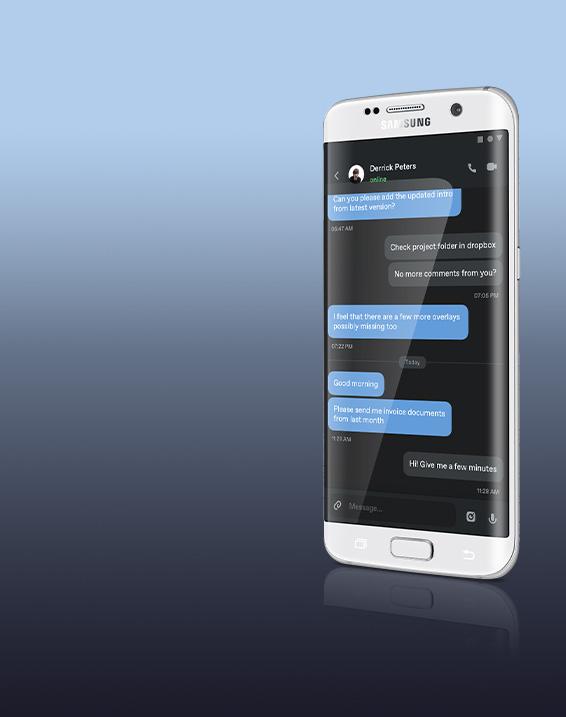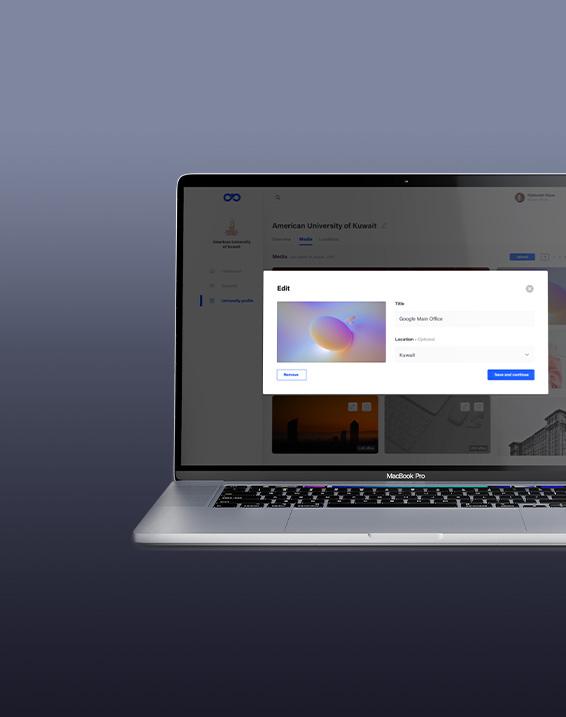At Clover Dynamics, we excel in developing custom WebRTC applications powered by media servers. Our team leverages the latest technologies to build scalable, high-performance communication platforms tailored to your business needs. Whether you require an MCU for centralized control or an SFU for low-latency streaming, we have the expertise to integrate the right media server solution into your WebRTC application.
Our development process is focused on delivering robust, feature-rich platforms that enhance your real-time communication capabilities. Ready to elevate your real-time communication platform or develop a new app with a custom WebRTC Media Server solution?
Contact Clover Dynamics today to discuss your project and discover how our expertise can transform your communication capabilities into a powerful, scalable, and high-performance system.












































